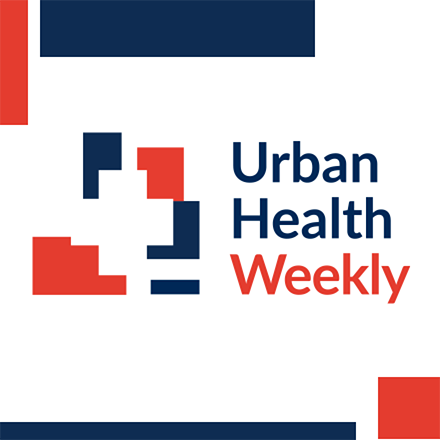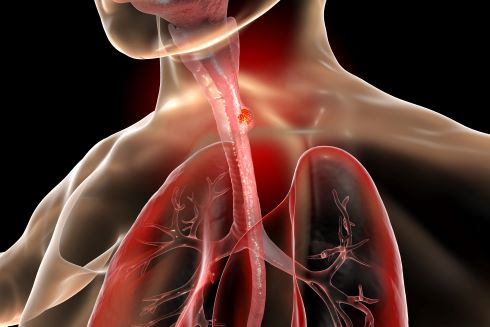
Esophageal Cancer
Advertisement
"PD-L1 inhibitors have significantly changed oncology [but] only about 30% of patients with cancer benefit from the drugs."
Dr. Andrew Hertler explains the FDA’s decision to narrow approvals for PD-1 inhibitors for stomach and esophageal cancers
Dr. Hertler breaks down the FDA’s restricting PD-1 inhibitor drugs for PD-L1-negative stomach and esophageal cancers
Researchers selected representative groups for individuals with more than a 5% risk of developing BE or EC
Individuals living in lower-income areas experience disproportionately higher rates of late-stage diagnoses and mortality.
Studies show that obesity is a risk factor for both Barrett's esophagus and esophageal cancer.
studies have identified important long-term risks of esophageal cancer, including tobacco, alcohol, and reflux esophagitis
Despite mounting evidence that no level of alcohol consumption is safe many people are unaware of the risks.









 © 2025 Mashup Media, LLC, a Formedics Property. All Rights Reserved.
© 2025 Mashup Media, LLC, a Formedics Property. All Rights Reserved.